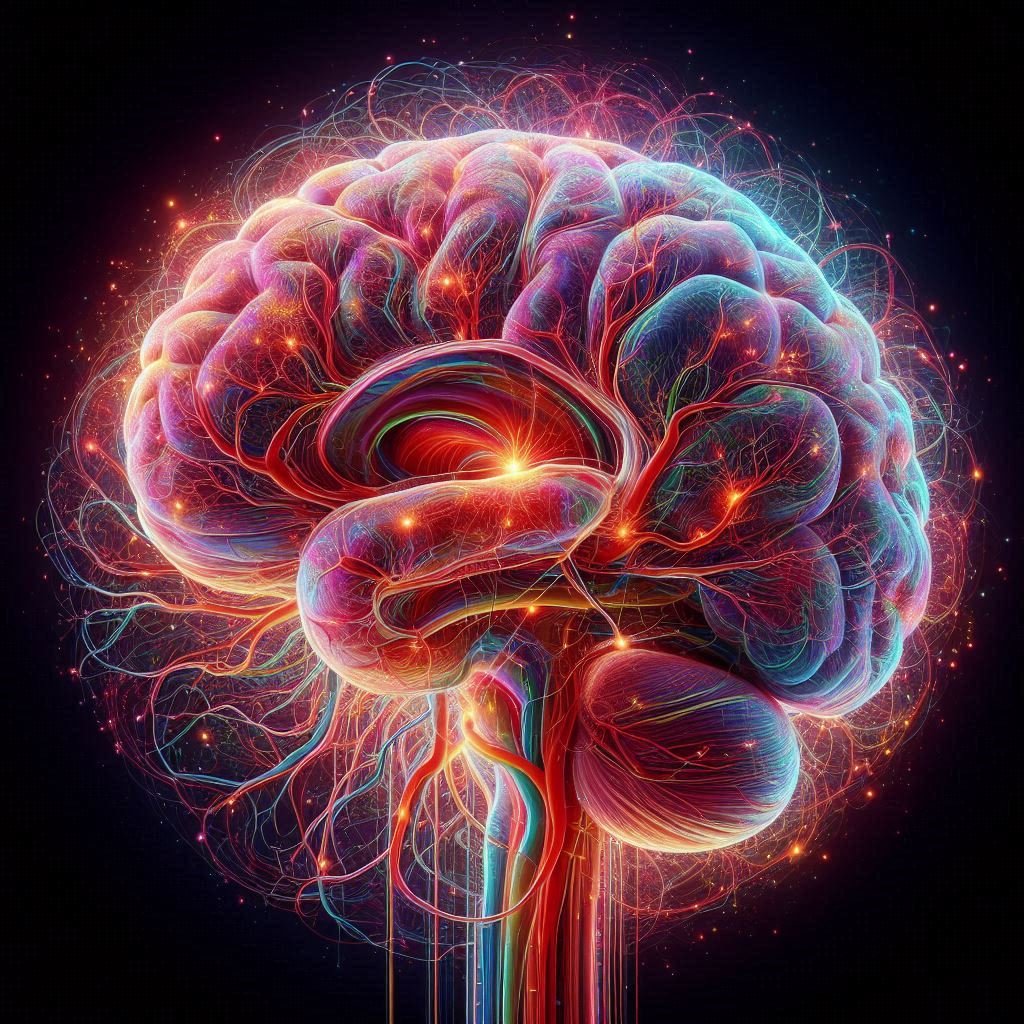
The brain is a soft, spongy mass of tissue. It is protected by the bones of the skull and three thin membranes called meninges. Watery fluid called cerebrospinal fluid cushions the brain. Human brain controls the central nervous system (CNS), by way of the cranial nerves and spinal cord, the peripheral nervous system (PNS) and regulates virtually all human activity. A brain tumor is a mass or growth of abnormal cells in your brain. Brain tumors produce a variety of symptoms, ranging from headache to stroke. There are two types of brain tumors: primary brain tumors and seondry brains tumors. Primary brain tumors can be cancerous or noncancerous. Primary brain tumors include any tumor that starts in the brain.
Tumors may be confined to a small area, invasive (spread to nearby areas), benign (not cancerous), or malignant (cancerous). Primary brain tumors account for 50% of intracranial tumors and secondary brain cancer accounts for the remaining cases. The cause of primary brain tumors is unknown but there are many possible risk factors that could play a role. Exposure to some types of radiation, head injuries, and hormone replacement therapy may be risk factors, as well as many others. Secondary brain cancer occurs in 20–30% of patients with metastatic disease and incidence increases with age. Symptoms of brain tumors may depend on two factors first tumor size (volume) and second is tumor location. Treatment can involve surgery, radiation therapy, and chemotherapy.
Surgery is necessary for most primary brain tumors. Some tumors may be completely removed. High-energy radiation can be used to destroy tumor cells. Corticosteroids such as dexamethasone to reduce brain swelling. Chemotherapy drugs helps kill cancerous tumor cells. Osmotic diuretics such as urea or mannitol to reduce brain swelling and pressure. Anti-convulsants such as phenytoin to reduce seizures. Antacids or histamine blockers to control stress ulcers. Physical therapy can help you regain lost motor skills or muscle strength. Corticosteroids such as dexamethasone to reduce brain swelling. Osmotic diuretics such as urea or mannitol to reduce brain swelling and pressure. Anti-convulsants such as phenytoin to reduce seizures. Antacids or histamine blockers to control stress ulcers.
Brain Tumor Treatment and Prevention Tips:
1. Anti-convulsants such as phenytoin to reduce seizures.
2. Surgery is the usual treatment for most brain tumors.
3. Support groups are beneficial in brain tumor.
4. Radiation therapy usually is given five days a week for several weeks.
5. Corticosteroids such as dexamethasone to reduce brain swelling
6. Osmotic diuretics such as urea or mannitol to reduce brain swelling and pressure.




